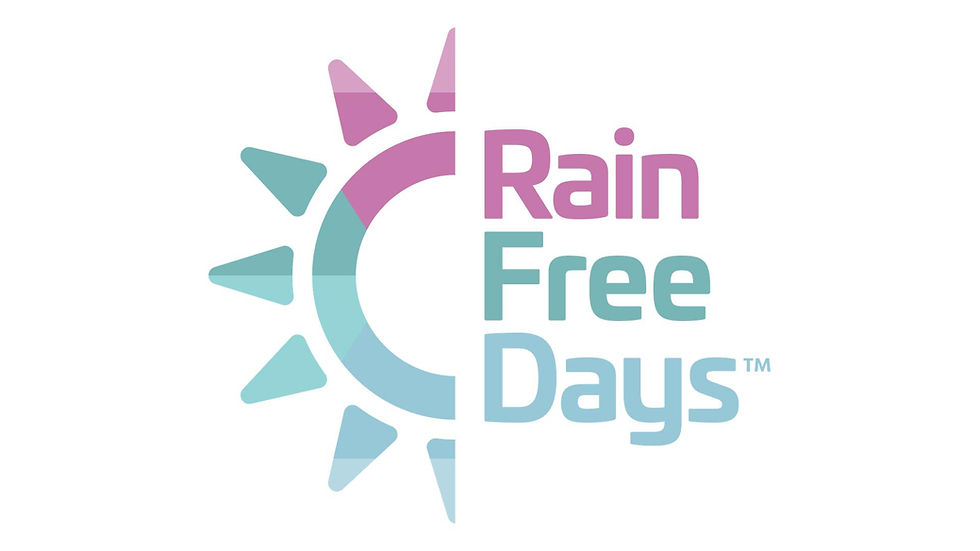Wildlife Selfie Code Highly Commended by Campaigns for Good
- Feb 14, 2022
- 2 min read
We’re proud to announce that our Wildlife Selfie Code campaign, created for World Animal Protection, has been Highly Commended by the Campaigns for Good Awards 2018. The month-long campaign generated over 250,000 sign ups, was shared by international press and celebrities, and led to Instagram acknowledging animal abuse and changing their policy on wildlife selfies.

The wildlife selfie trade In recent years, there has been an explosion of wildlife selfies across social media, with tourists paying for pictures of themselves touching wild animals, and posting the images online. For these travellers, it’s an opportunity to get close to their favourite animals. But for the animals themselves, the experience is traumatic – and often fatal. Widening the lens to uncover animal exploitation Our campaign set out to expose the cruelty of the wildlife selfie trade, and to persuade tourists to take meaningful action by pledging not to take harmful wildlife selfies, and petitioning social media platforms to address the issue. The campaign materials encouraged people to ‘widen the lens’ and see the bigger picture when thinking about wildlife selfies. We created a teaser campaign, social posts, and videos, which were translated into nine different languages and shared worldwide. These materials highlighted the disconnect between seemingly ‘happy’ selfies, and the agony of the animals involved.
Inspiring real behaviour change, through meaningful campaign action The main call to action was to ask people to sign up to (and share) the Wildlife Selfie Code, and pledge to take responsible animal photos. Once a supporter signed up to the campaign, they could watch its success grow on our real-time online ‘sloth-o-meter’ which showed a sloth ascending a tree as more people signed up. While the sloth was the focus of our campaign, we also created social ads featuring other abused species, including dolphins, caimans, and anacondas.
Impact: target exceeded by 28%, Instagram changes policy The campaign gained traction with vast global media coverage (from National Geographic to the Guardian, BBC World Service and Mashable) and was endorsed by celebrities like Ricky Gervais, who shared our Wildlife Selfie Code with their millions of followers.
By the end of the campaign, 257,000 people had pledged to follow the Wildlife Selfie Code – a 28.5% increase on its original target. Following this success, Instagram launched a ‘wildlife warning’ page that automatically warns users searching for hashtags like #elephantride or #slothselfie, that these images may directly contribute to animal suffering. Users can then click through to an Instagram page about animal exploitation. This is an important acknowledgement of animal suffering from the social media giant, which will continue to encourage behaviour change beyond the lifetime of the campaign
11 London is an advertising and communications agency, based in leafy West London. We work in the areas of health and humanity - with organisations, brands or products that improve or prolong life. To learn more about 11 London, please contact:
Matthew Hunt
matthew.hunt@11-london.com




